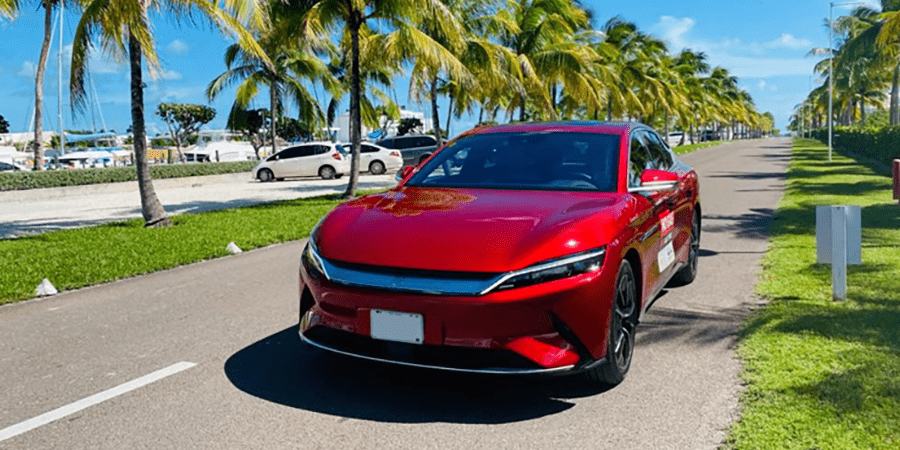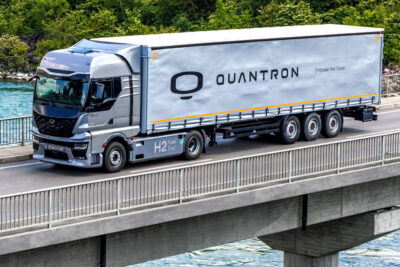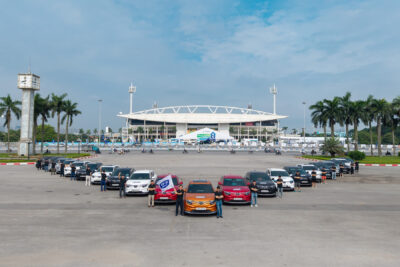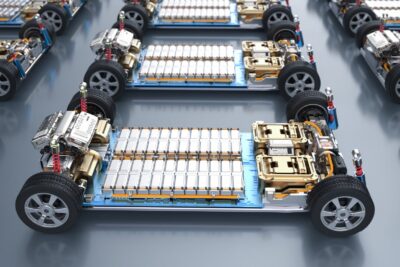BYD and Chery claimed over €45mn in ineligible EV subsidies in China
China’s Ministry of Industry and Information Technology (MIIT) had taken a closer look at the country’s EV subsidy programme from 2016 to 2020. Bloomberg writes that preliminary results published late last month show Chery applied for approximately 240 million yuan (close to 29 million euros) in funding for around 8,760 electric and hybrid vehicles that did not qualify. In addition, subsidies for about 4,900 vehicles sold by BYD were removed from the ledger, amounting to 143 million yuan (about 17 million euros).
Other carmakers that claimed subsidies that they were not eligible for include BAIC Motors, SAIC, and the China FAW Group. Furthermore, it does not just concern carmakers: bus manufacturers also made the MIIT list. Needless to say, the list also gets longer after 2016, as there were more manufacturers in China focusing on battery-electric vehicles and plug-in hybrids.
The nationwide audit of the EV subsidy programme was carried out earlier this year, covering dozens of manufacturers and more than 75,000 vehicles. In Henan province, for example, a sample of 292 vehicles involving funding of 475 million yuan was assessed, according to a local government document. Some vehicles were disqualified because manufacturers could not provide operational data or the range failed to meet requirements, MIIT documents show.
“It wasn’t immediately clear if the companies are required to return the subsidies or if authorities have already deducted the excess amounts from payments to the manufacturers,” Bloomberg reports. Representatives for BYD and Chery did not immediately respond to the news outlet’s requests for comment.
Under the national subsidy programme, electric cars and hybrids were subsidised with up to 60,000 yuan until the end of 2022. The money was paid to manufacturers, who were supposed to pass on the subsidy to their customers as a discount on the purchase price. Apparently, this did not always happen correctly, as the subsidy system was also susceptible to fraud. Previous audits were conducted on a much smaller scale.
One practice under scrutiny ist the ‘zero-mileage used cars.’ “Automakers, under pressure to meet sales targets, are sometimes offloading new vehicles to traders or dealers in bulk, who then help register the vehicles so the companies can book them as sales,” Bloomberg notes.
Previous audits of the EV subsidy programme were conducted on a far smaller scale. In 2022, an audit covered only a handful of carmakers and hundreds of vehicles, while this year’s review assessed dozens of manufacturers and over 75,000 vehicles. In 2016, a People’s Daily report cited by Bloomberg estimated that dozens of companies had fraudulently claimed approximately 9.3 billion yuan in subsidies.
Chinese authorities are currently tightening the reins on the long-subsidised electric car industry. Last week, four government agencies criticised proprietary HPC networks, describing them as a ‘waste of resources’. The government in Beijing is also keeping a close eye on the price war triggered by BYD at the end of May.
The price war mentioned above is the result of overcapacity, which has significantly increased the financial pressure on some companies. If repayments in the millions or even penalties were to be added to this, the situation could be further exacerbated. According to the ministry, local authorities are to carry out further reviews for the years 2021 and 2022.
miit.gov.cn (Lists per year), bloomberg.com





0 Comments